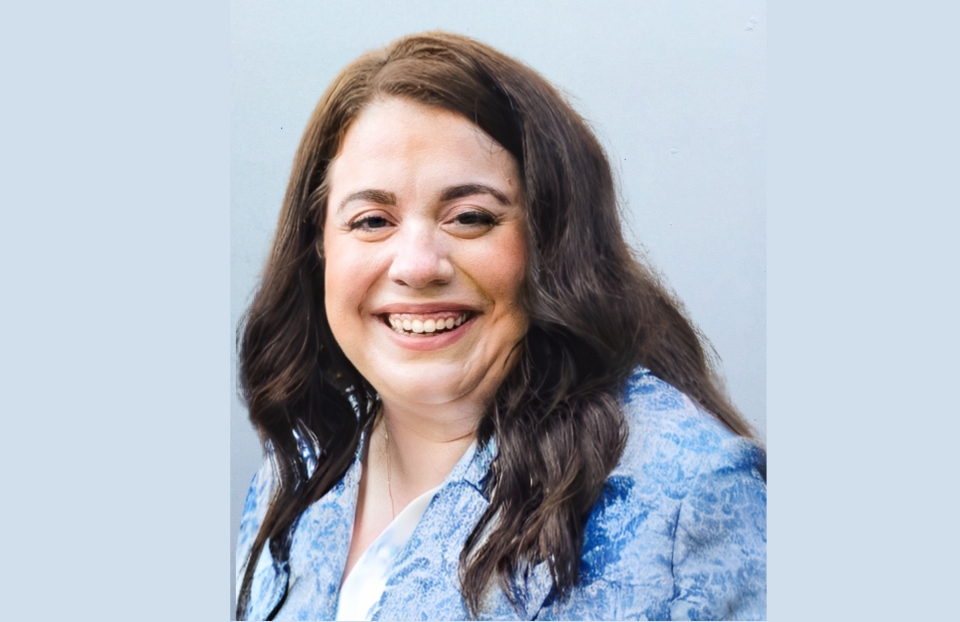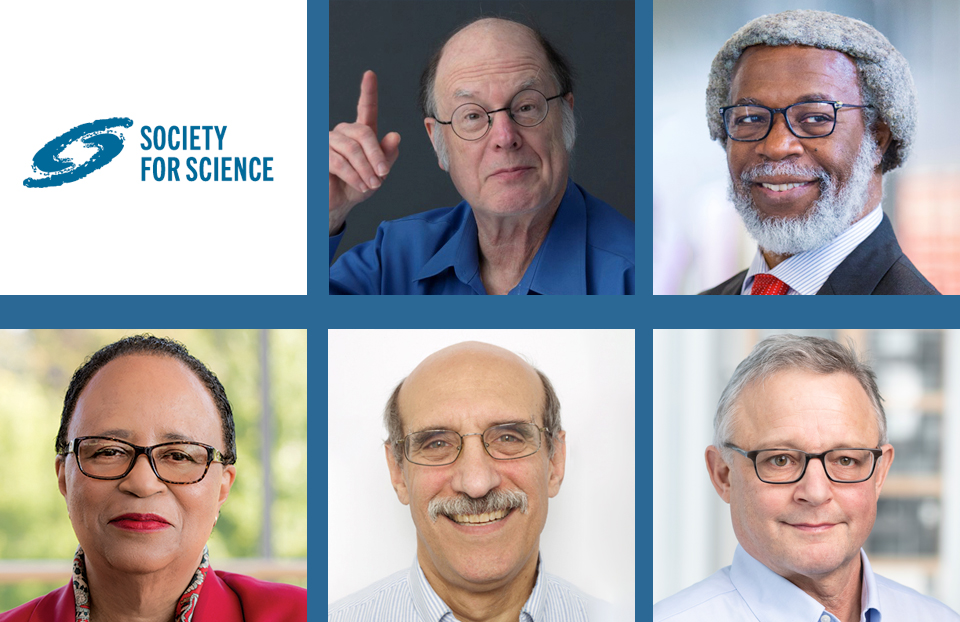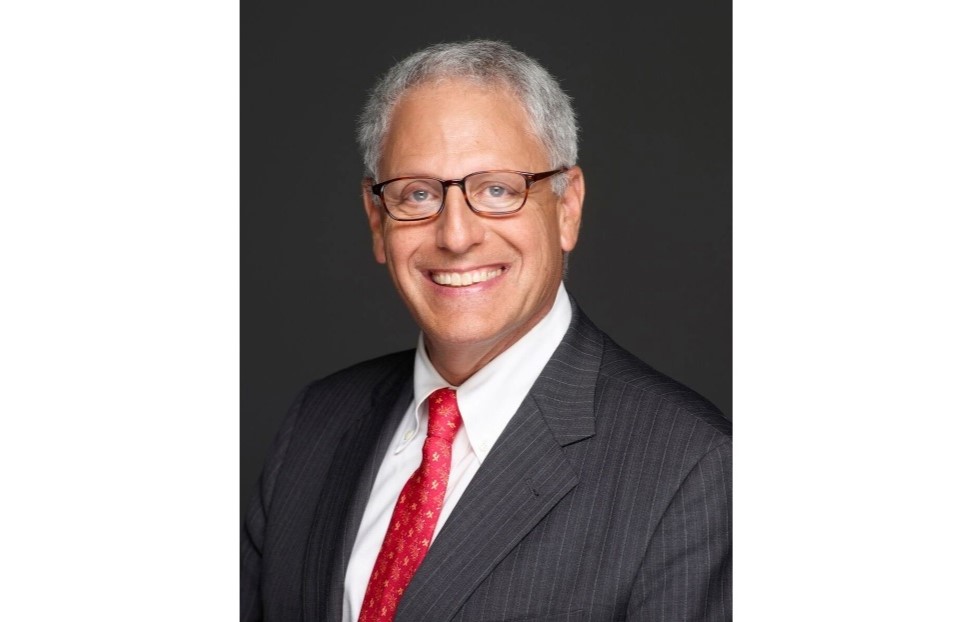Research Program Success: How to Go From Teacher to Mentor
Teaching a class of exceptional high school research students is a unique experience. A successful teacher is there to guide, not control, their students’ scientific creativity. We asked John Trimble, a teacher at Corona del Sol High School in Arizona for some insight on how he navigates the world of teaching high-achieving science students. Trimble is a helpful resource for his students, many of whom have entered and competed in the Intel Science Talent Search (Intel STS).
Can you describe the logistics of your research program?
My students are typically taking a second year of Biology with me. An independent or small team research project is mandatory for the curriculum. I have suggested focus areas, inclusive of longitudinal studies, however students have freedom to go in any direction they want.
Students can also enroll in a course that entails internships at local institutions, such as Arizona State University, Barrow’s Neurological, Intel, etc. These often provide the kind of mentor collaborations that give access to facilities and equipment not possible at the school.
What are the aspects of your program that you think work best?
Students are able to pick what works for them. Kids want to do research for many different reasons, some are good, and some are a little hollow, like building the resume. But free choice is very important when convincing students to establish the appropriate level of commitment in time, travel, etc. Secondly, we provide the support they need in areas such as counseling, scheduling, logistical matters, techniques, and more.
What has been the most difficult part of running a high school research program?
Time and patience – I have more than 30 field projects going on right now. Trying to keep everybody on task and functional is exhausting.
How do you make sure your students have the resources they need to succeed?
If we have external partnerships, that helps a great deal. Otherwise we improvise and do the best we can with what is available. Every researcher tends to work with less than they want, but that should not hold you up from being able to do many things that are interesting and perhaps quite meaningful.
What is the biggest challenge high school researchers face? How do you help them overcome this challenge?
The top students are confident, even competitive with each other, but many of the ‘average’ students lack the confidence to realize their capabilities. You have to nurture their spirit and keep them going. Common to both are the aspects of endurance. Not every day is super exciting, but data collection or prep is part of the game and students need to experience all sides of research. Sometimes results are only incrementally successful. Research is rewarding, but the reality requires many different skill sets and determination.
Do you have any other tips you’d like to share?
As educators, we must listen to the students’ needs, and patiently steer them towards success. Allow failures and setbacks, but be there to pick up the pieces and forge ahead. Discovering what science really is, versus how it is portrayed on a one hour TV show, is a valuable lesson for students to experience first-hand.
Are you an educator with a successful or innovative research program? Please contact us!


